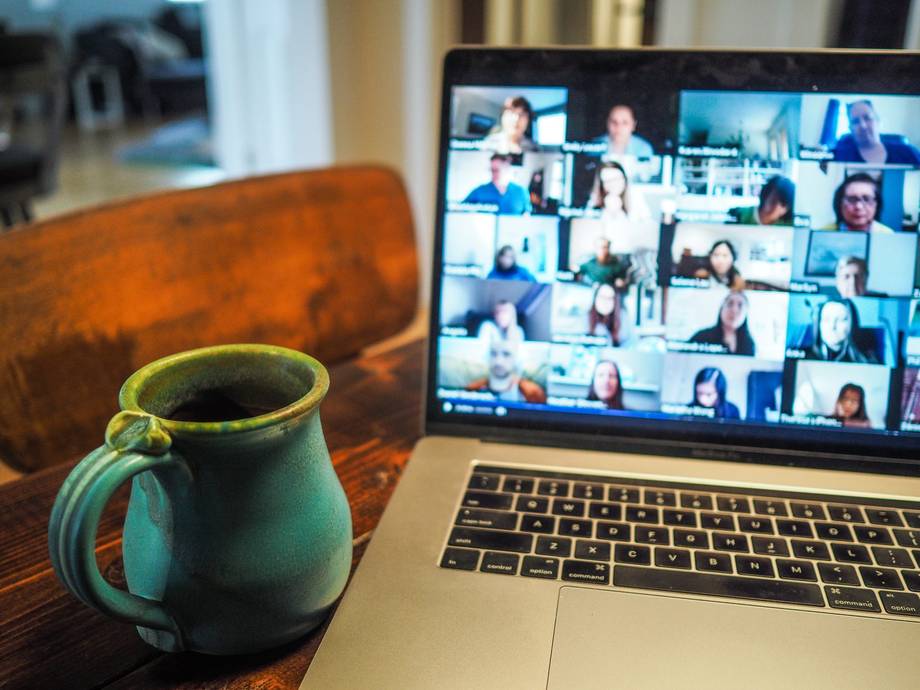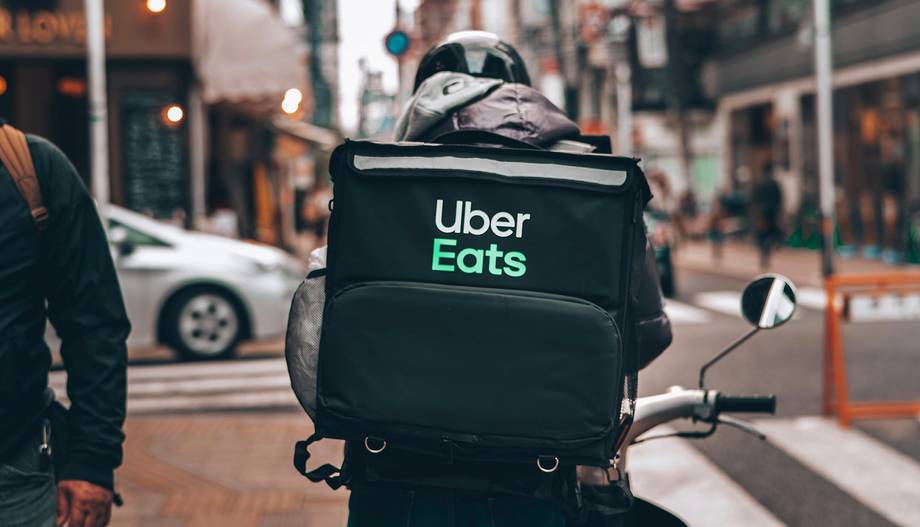Technology in the time of the Coronavirus Pandemic
Amid stringent lockdown measures and social distancing during the coronavirus pandemic, it is inevitable that businesses should struggle. With increased dependence on technology to access medical services, business communications, food delivery services and so on, this is a period of growth and new demand for the IT sector.
Since lockdown, we have seen a spike in the use of technology not just in digital industries, but across sectors, as more and more companies are relying on app and software development. Education, business, food delivery services and entertainment are among the most popular uses of technology. The immediacy and dependency on technology is not a novelty, but the pandemic has certainly created a sense of urgency in the current climate, as technology is fundamental to our connection with the outside.

According to the BBC, Microsoft Teams had 32 million users on March 11th, which increased to 44 million users by March 18th. Moreover, a Guardian report claims that Zoom was downloaded 2.1 million times on 23 March, up from 56,000 a day two months earlier. In addition to tech startups and digital media companies, who are already well accustomed to remote working, other industries have had to adapt to a new normal as a result of limited mobility. Schools and universities for example, are relying heavily on online resources for classes, assignments and contact with teachers.
This unprecedented crisis has created a major shift in our use of technology and is likely to have an impact post-lockdown. It is likely that once organisations and their customers have become used to a digital workflow (out of necessity) they may see no need to switch back post-lockdown.
While certain businesses bear the brunt of the coronavirus pandemic, others flourish. The entertainment industry has seen a boom in business. Spotify for instance, reached 130 million subscribers amid the crisis. In addition, Netflix and YouTube have also gained more traction, and as a result have been heavily ramping up their content production to sustain viewers’ interest.
High street shops and local businesses are hard-hit with the demands of online shopping on the rise. In the last month, Amazon has hired 100,000 people and expanded its workforce, making Amazon shopping and its delivery workers an essential component to the current lifestyle. Some people are even finding the increased convenience that results from being forced to do all their shopping online is causing them to purchase more than they did when visiting physical stores. This places some moral responsibility on the shoulders of e-commerce platforms, to make sure their algorithms and targeted marketing aren’t leading to over-consumption.

On the other hand, growing tech infrastructure, and emerging technologies including 5G networks and artificial intelligence, aid the progress and stability of our economy in a time of restricted movement. There are more opportunities than ever for technology to transform dated processes in these industries, such as the efficient delivery of goods including medical supplies, fresh food and the availability of products, and will be indispensable to our economy in the future.
The coronavirus pandemic has uprooted lifestyles and our sense of normalcy. In its wake, technology has contributed greatly to ensuring safety in the time of the pandemic; it has enhanced communication for businesses and maintained economic stability. As we operate between several apps and digital platforms in our day to day, it is clear that our use of technology is not only multifaceted and diverse, but central to maintaining productivity and connection.
Want to work with us?
Have something in mind for your next project? We'd love to hear more, and discuss if we can collaborate to create something great together.
Get a proposal